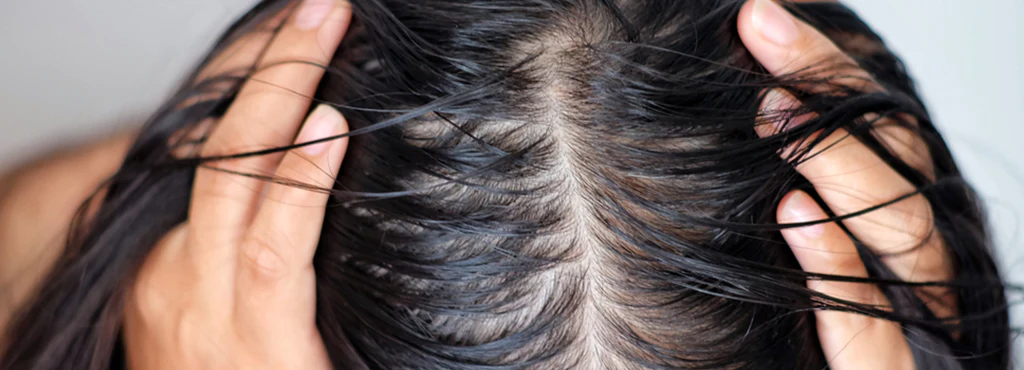Oily hair is a common concern for many people, causing discomfort, self-consciousness, and the need for constant washing. But what causes hair to become oily in the first place? The scalp naturally produces sebum, an oil that helps to keep the hair hydrated and healthy. However, sometimes, the scalp produces too much sebum, leading to greasy hair that can look limp, shiny, and difficult to manage.
There are many misconceptions about oily hair. For instance, over-washing can exacerbate the issue rather than solving it, as it causes the scalp to produce even more oil to compensate. Genetics, diet, and environmental factors also play a significant role in sebum production. The good news is that there are natural ways to combat oily and greasy hair through herbal and home remedies, which are not only effective but also gentle on the scalp.
Herbal Remedies Overview
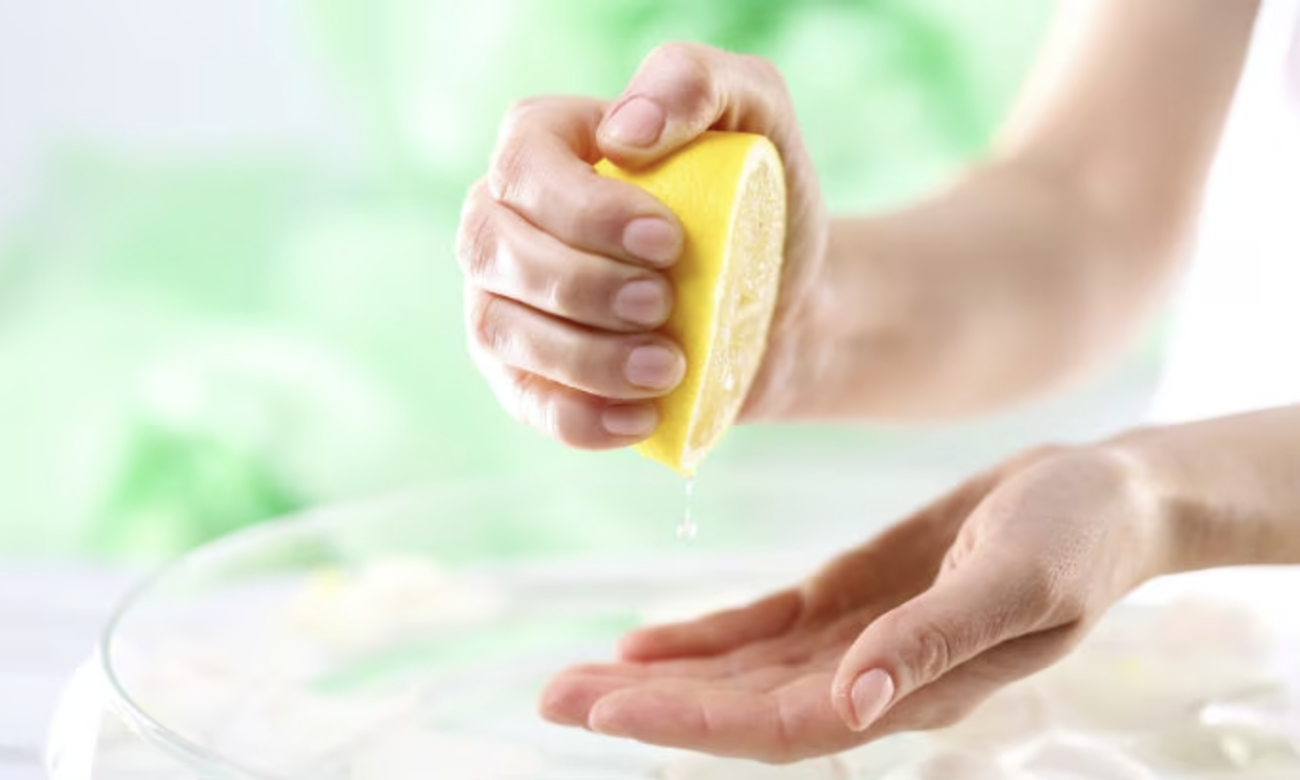
Herbal remedies are one of the oldest forms of treatment for various health concerns, including hair issues. When it comes to managing oily and greasy hair, herbal remedies offer a holistic and natural alternative to chemical-laden products. The best part? Most of these remedies can be easily made at home with ingredients you already have in your kitchen or garden.
These remedies work by balancing the scalp’s oil production, soothing irritation, and preventing the buildup of dirt and excess sebum. Unlike synthetic products, which often strip the hair of its natural oils and cause further imbalances, herbal treatments nourish and rejuvenate both the scalp and hair.
Understanding Scalp Health
Healthy hair starts with a healthy scalp. The scalp is the foundation of hair growth, and its condition significantly affects how oily or dry your hair is. Oily hair often comes from a greasy scalp, where excess oil clogs the hair follicles and leads to a buildup of grime. This can result in other scalp issues, such as dandruff, itchiness, and even hair thinning.
Maintaining scalp health is crucial for controlling oil production. Regular cleansing with gentle, natural ingredients and massaging the scalp can stimulate blood circulation and reduce the overproduction of sebum.
Causes of Oily Hair
Several factors contribute to oily hair, and understanding them can help you better manage the condition. Here are some of the most common causes:
How to Manage Oily Hair
Managing oily hair requires a mix of proper hair care routines and the right products. Here are some tips to keep oily hair under control:
- Wash less frequently: Over-washing can cause more oil production.
- Rinse with cold water: Hot water stimulates oil production, so opt for cold water when rinsing.
- Use a clarifying shampoo: Once a week, use a clarifying shampoo to remove product buildup.
- Avoid heavy conditioners: Stick to light, herbal conditioners that won’t weigh down your hair.
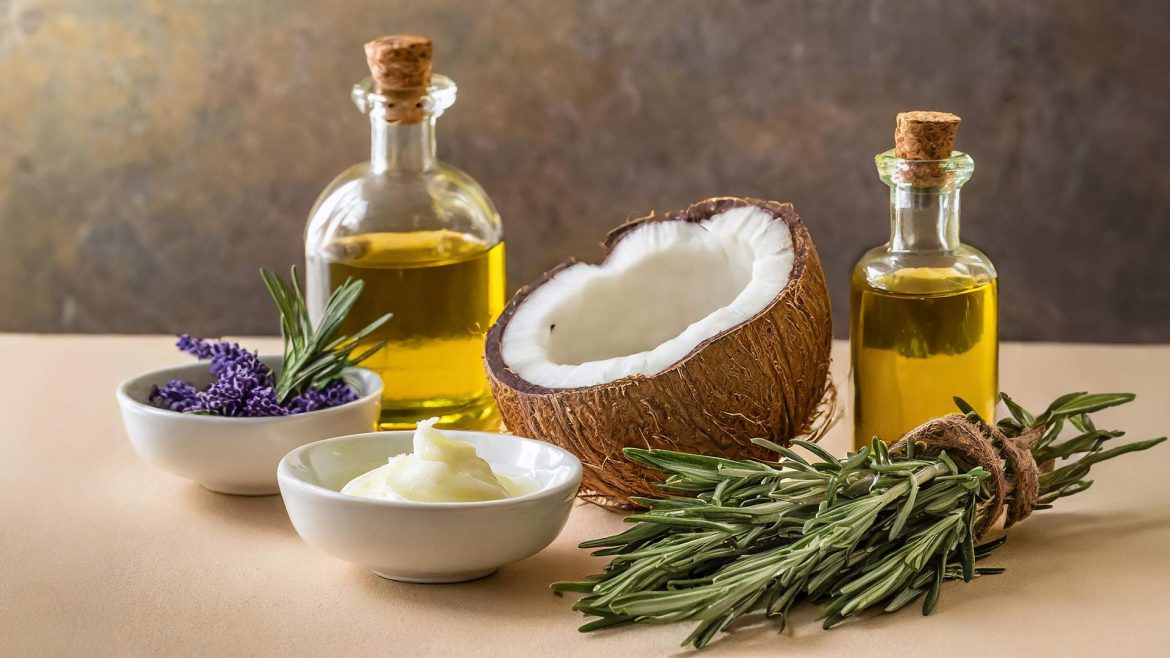
Benefits of Using Herbal Remedies
Herbal remedies provide a host of benefits that synthetic products often lack:
- Gentle on the scalp: They are less likely to cause irritation.
- No harmful chemicals: Free from sulfates, parabens, and artificial fragrances.
- Sustainable: Using herbs promotes a more eco-friendly hair care routine.
- Cost-effective: Herbal remedies can often be made at home with affordable ingredients.
Best Herbal Ingredients for Oily Hair
Certain herbs are particularly effective for controlling oily hair. Some of the best ones include:
- Aloe Vera: Soothes and balances scalp oil production.
- Tea Tree Oil: Has antibacterial properties that prevent scalp infections and dandruff.
- Rosemary: Stimulates hair follicles and reduces oil buildup.
- Lemon: A natural astringent that tightens pores and reduces oil secretion.
- Chamomile: Calms and soothes an irritated scalp.
DIY Herbal Remedies for Oily Hair
If you’re ready to take matters into your own hands, these easy DIY remedies can help:
- Aloe Vera Hair Mask: Mix aloe vera gel with a few drops of lemon juice. Apply to your scalp and hair, leave it for 30 minutes, then rinse with cool water.
- Rosemary Rinse: Steep fresh rosemary in boiling water, cool it, and use it as a final rinse after shampooing.
- Tea Tree Oil Shampoo: Add a few drops of tea tree oil to your regular shampoo for an antimicrobial boost.
Home Remedies for Greasy Hair
Home remedies using simple kitchen ingredients can also work wonders:
- Apple Cider Vinegar Rinse: Dilute apple cider vinegar with water and use it as a post-wash rinse to reduce oiliness.
- Baking Soda Treatment: Sprinkle baking soda on your scalp to absorb excess oil, then rinse thoroughly.
- Lemon Juice & Water: Mix lemon juice with water and apply it to the scalp to remove oil and restore balance.
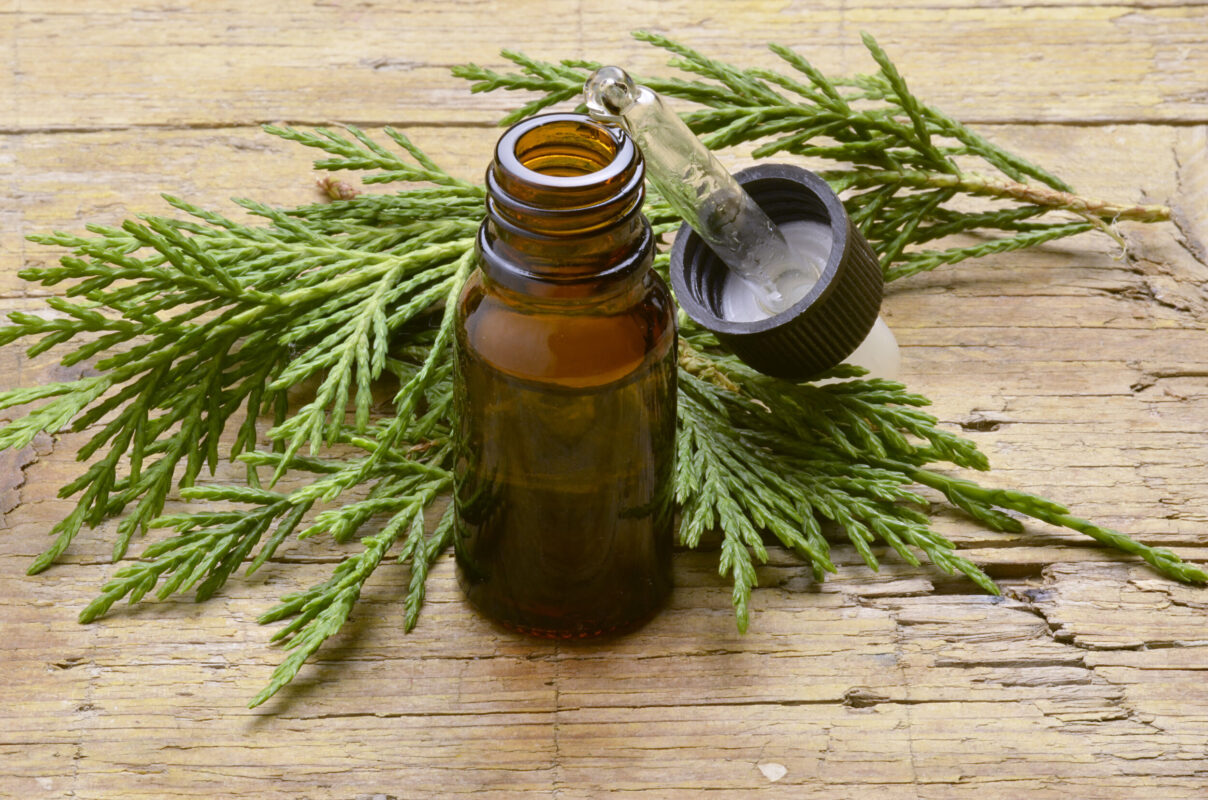
Essential Oils for Oily Hair
Essential oils can be powerful allies in controlling oily hair. Some of the best options include:
- Lavender Oil: Soothes the scalp and balances oil production.
- Peppermint Oil: Stimulates circulation and refreshes the scalp.
- Eucalyptus Oil: Helps reduce excess oil and purifies the scalp.
How to Incorporate Herbal Remedies into Routine
To see lasting results, it’s important to incorporate herbal remedies consistently into your hair care routine:
- Shampoo less often: Use a mild, herbal shampoo no more than 2-3 times a week.
- Weekly treatments: Apply a herbal hair mask or oil once a week for deeper treatment.
- Consistency is key: Stick to the routine for at least a month to start seeing results.
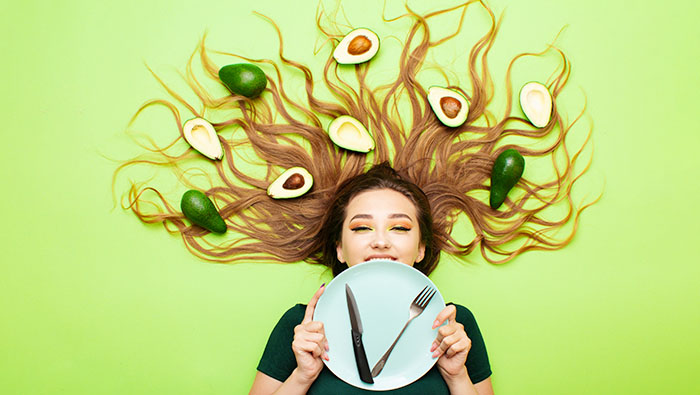
How Diet Affects Hair Health
What you eat can have a direct impact on your hair’s health. To prevent greasy hair, avoid foods high in saturated fats, such as fried foods and dairy. Instead, focus on eating foods rich in omega-3 fatty acids, vitamins, and minerals that support hair and scalp health.
Foods that promote healthy hair include:
- Avocados: Rich in healthy fats and vitamins.
- Nuts and seeds: Full of omega-3s and antioxidants.
- Leafy greens: Provide essential vitamins for scalp health.
Common Mistakes to Avoid
Avoid these common mistakes when trying to manage oily hair:
- Over-washing: This can strip your hair of its natural oils, leading to more oil production.
- Using too much product: Styling products can build up and clog your scalp.
- Neglecting your scalp: Focusing only on your hair and ignoring the scalp can worsen oiliness.

Choosing the Right Hair Care Products
When selecting products for oily hair, look for herbal, sulfate-free options. Some tips:
- Herbal Shampoos: Choose shampoos with natural ingredients like aloe vera or tea tree oil.
- Lightweight Conditioners: Avoid heavy, creamy conditioners. Opt for ones with a lighter consistency.
- Dry Shampoos: These can absorb excess oil between washes.
Conclusion: Oily and greasy hair can be a hassle, but with the right approach and the power of herbal and home remedies, you can regain control. By focusing on natural, scalp-balancing treatments, you can effectively manage excess oil and enjoy healthier, shinier hair.
FAQs
- How often should I wash oily hair? Washing 2-3 times a week is ideal to avoid over-stripping the scalp.
- Are herbal remedies safe for all hair types? Yes, herbal remedies are generally safe for all hair types, but it’s best to do a patch test.
- Can diet really affect hair oiliness? Absolutely! A healthy diet can balance oil production and improve scalp health.
- How long does it take to see results with herbal remedies? Consistency is key; you may start to see results within a month of regular use.
- Do essential oils work for oily hair? Yes, essential oils like tea tree and peppermint can help balance scalp oil production.
- What should I avoid when treating oily hair? Avoid over-washing, using heavy conditioners, and applying too many styling products.

